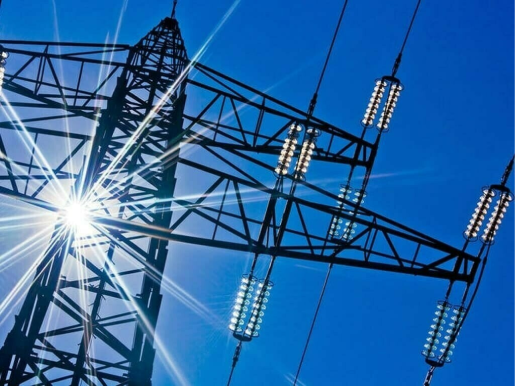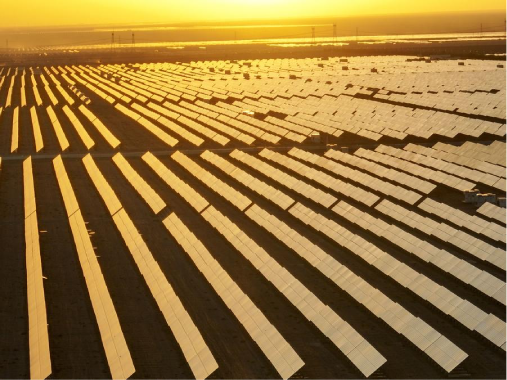Germany will rely more on electricity generation from coal in order to conserve gas and fill its gas storage by winter, German Economy Minister Robert Habeck said on Sunday, outlining measures to save gas after Russia last week reduced supply to some of its biggest customers in Europe.
As a first measure, Germany will reduce the use of natural gas in electricity generation, the minister said.
“To be honest, this means more coal-fired power generation for a transition period,” Habeck, who represents the Green party in the government coalition, said in a statement.
“That’s unfortunate, but it is necessary in order to reduce gas consumption. We must and we will do all that it takes in order to direct as much gas in storage as possible during the summer and the autumn,” the minister added.
Germany’s top priority right now is that its gas storage tanks be full during the winter, Habeck said.
Germany has reportedly already drafted plans to have around two dozen mostly coal-fired power plants, which were scheduled to be idled in 2022 and 2023, on standby as network reserve capacity as Berlin was looking to have the plants ready to be used in case Russian gas deliveries to Europe’s largest economy stop.
Last week, Russia started reducing gas supply to several countries in Europe, including to its biggest customers, Germany and Italy, despite the fact that buyers in those countries had opened accounts in rubles at Gazprombank as demanded by Vladimir Putin. On Tuesday, Russia’s Gazprom said it would limit gas supply via the Nord Stream pipeline to Germany by 40 percent compared to planned flows because of a delay in equipment repairs. On Wednesday, Gazprom said the cuts would deepen to 60 percent of the daily throughput.
Supply to Italy, Austria, and Slovakia has also been reduced, with Italy considering declaring a state of alert this week if Russian supply continues to be curtailed, and Austria converting a reserve gas-fired plant to run on coal.
Gazprom CEO Alexei Miller said last week about gas supply to Europe: “Our product, our rules. We don’t play by rules we didn’t create.”





